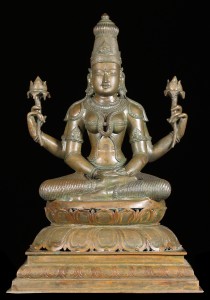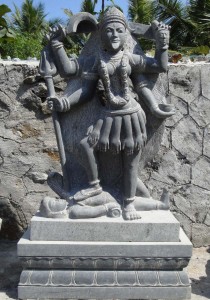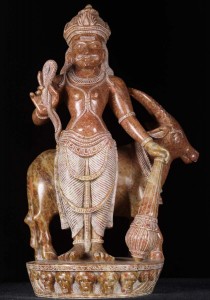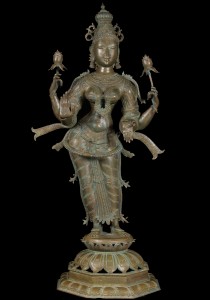We at Lotus Sculpture hope you all had a wonderful Hindu Festival of Lights! Many non-Hindus around the world have come to know of the religious holiday, but fail to truly understand what it entails or symbolizes for the greater Hindu community. Diwali is not just a religious holiday, but a spiritual and social holiday as well. According to the Hindu calendar, Diwali marks the beginning of a new year. It is a time to be re-acquainted with one’s inner spirituality and set goals and ambitions for the year ahead. The festival itself honors the Hindu Gods in many ways with both rituals and prayers.
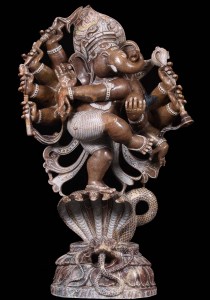
The most revered of the deities during are Hindu Goddess Lakshmi, Goddess of Wealth and Prosperity, and God Ganesh, Remover of Obstacles. It is not hard to see why these are the most important Hindu deities during the festival, as believers wish for prosperity in their lives both financially and spiritually in the coming year as well as help from Lord Ganesh in guiding their path to defeat those obstacles that may have hindered them in the previous year.
It is also a time to honor the return of Lord Ram. The legend behind the return of Lord Ram from Sri Lanka is one of the most beloved within Hindu mythology. Legend has it that the evil King of Sri Lanka, Ravana, kidnapped Lord Ram’s wife, Sita. Ram and his followers proceeded to spend years building a bridge between Sri Lanka and India in order to defeat Ravana and save his beloved wife. Once the bridge lay complete, Lord Ram was successful in his plans of defeat and rescue. When Ram returned to India, people welcomed them back by lighting small clay pots and decorating their homes in homage. These lamps are said to symbolize the triumph of good over evil, just as Lord Ram did over Ravana. The themes behind this story now define the celebration behind the Diwali Festival to date.
Today, the festival is marked by vast displays of fireworks, devote worship, social gatherings, prayer, and cleaning up one’s life both physically and spiritually. It is a time of joyous celebration of life itself. The holiday itself should not be considered only an exclusive holiday for Hindus, as they invite people of all faiths to embrace the meaning behind the festival, shedding stresses, worries, and make goals for the coming year. If you were not able to participate this last week, join Hindus around the world in celebrating the Festival of Lights next year!

